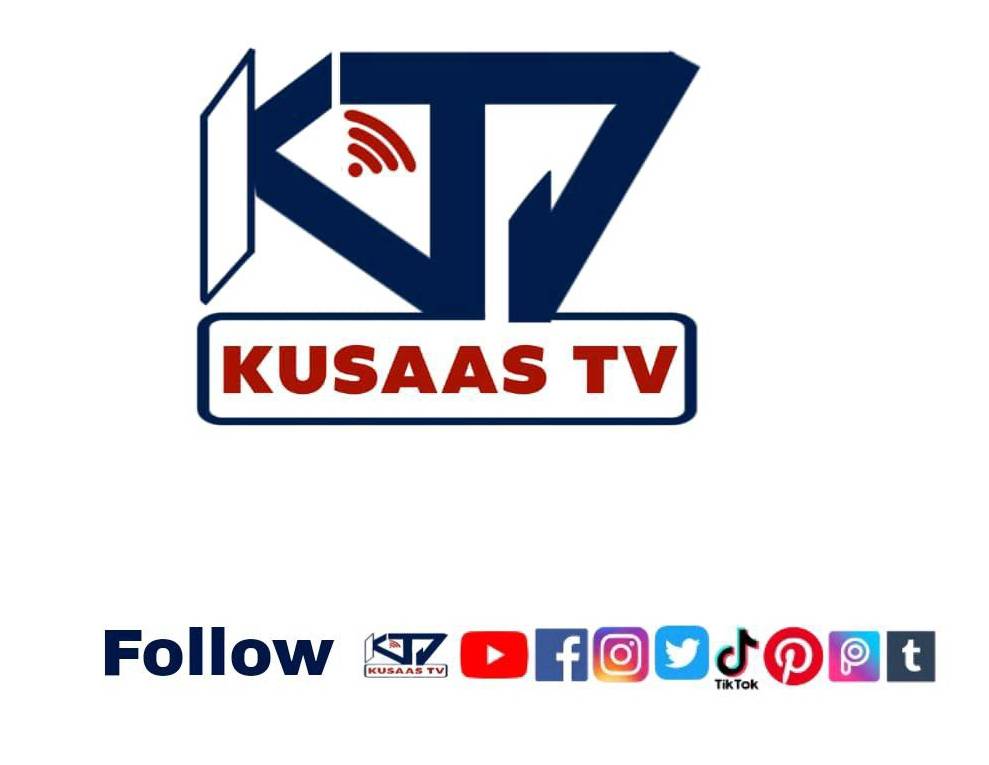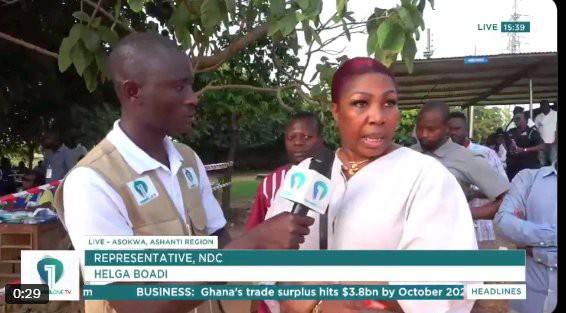In the Ashanti Region, a heated controversy has erupted after a representative from the opposition National Democratic Congress (NDC) accused members of the New Patriotic Party (NPP) of attempting to buy votes ahead of the upcoming December 7 elections. The accusations have sparked a wave of public debate, with both major political parties exchanging blame and calling each other’s actions into question.
Helga Boadi, who is a key figure in the NDC, held a press conference to reveal her party’s allegations, claiming that the NPP was engaging in corrupt practices to influence the special voters at her polling center. Special voters are people such as election officials, security personnel, and media practitioners who vote before the general public in the lead-up to the main election day. Boadi said she witnessed members of the NPP openly distributing cash to voters in an attempt to sway their votes. However, she claimed the NPP quickly changed their approach after they realized that their actions were being observed.
“When they saw that we noticed, they switched to Momo,†Boadi said. Momo refers to mobile money transfers, which is a popular method of sending money digitally via mobile phones in Ghana. Boadi’s remarks painted a concerning picture of what she believed was an illegal attempt to manipulate the voting process. She strongly condemned the NPP’s actions, calling them disrespectful to the democratic process and undermining the integrity of the elections.
“Such attempts to buy votes are a direct attack on democracy,†Boadi continued, her voice filled with frustration. “We need free and fair elections, but how can we trust the process when some political parties resort to these shameful tactics?â€
The allegations made by Boadi were immediately met with strong denials from the NPP. In a statement issued shortly after the press conference, Kwabena Owusu, a spokesperson for the NPP, dismissed the accusations as nothing more than a baseless political attack aimed at discrediting the party. According to Owusu, the NPP was focusing on spreading its message to the voters and engaging with the people to discuss their plans for the country, rather than resorting to illegal and unethical practices like vote-buying.
“This is another distraction by the NDC to try to divert attention away from the real issues,†Owusu stated. “We are committed to engaging voters in an honest way and are not involved in any unlawful activities.â€
As tensions between the two political parties escalated, experts and election observers called for calm and urged both sides to respect the rules and guidelines set by the Electoral Commission. Professor Lydia Mensah, a well-known political analyst, spoke out, emphasizing that any form of voter inducement, including bribing voters, could seriously harm the credibility of Ghana’s democratic process. She added that the public needed reassurance that the elections would be fair and transparent.
“The integrity of our elections is paramount,†Prof. Mensah said. “Any attempts to influence voters through money or other illegal means must be thoroughly investigated to ensure the public’s trust in the electoral system.â€
Despite the serious accusations, the reactions from the special voters at the polling center were mixed. Some confirmed hearing rumors about the distribution of money, but others claimed they hadn’t seen any such activities personally. One police officer, who spoke anonymously, said they had come to vote and leave, not to engage in anything related to bribery.
“I just came to cast my vote and leave,†the officer said. “If others are giving money, that’s unfortunate, but it’s not why I’m here. I’m here to do my job and vote responsibly.â€
The issue of vote-buying has long been a point of contention in Ghana’s electoral politics, with previous elections seeing similar allegations. Voter inducement is seen as a serious threat to the democratic process, as it can undermine the fairness of elections and create an unequal playing field for candidates. With the general election approaching, many are hoping that the government and the Electoral Commission will take swift action to investigate the allegations and ensure that any misconduct is punished.
For the people of the Ashanti Region, and indeed all of Ghana, these accusations are a reminder of the importance of fair and free elections. As political parties gear up for the December vote, citizens are watching closely, hoping that the upcoming election will reflect the values of democracy, integrity, and transparency that they hold dear.
The events unfolding in the Ashanti Region have certainly added fuel to the fire in what is already a highly charged political atmosphere in Ghana. With just days to go before the election, both parties will need to address the claims of vote-buying head-on, as their credibility and the trust of the electorate hang in the balance. Whether these allegations are substantiated or dismissed, one thing is clear: the eyes of the nation will be on the Electoral Commission to ensure that the 2024 elections remain free from any form of corruption or manipulation.




No comments yet
Be the first to share your thoughts!